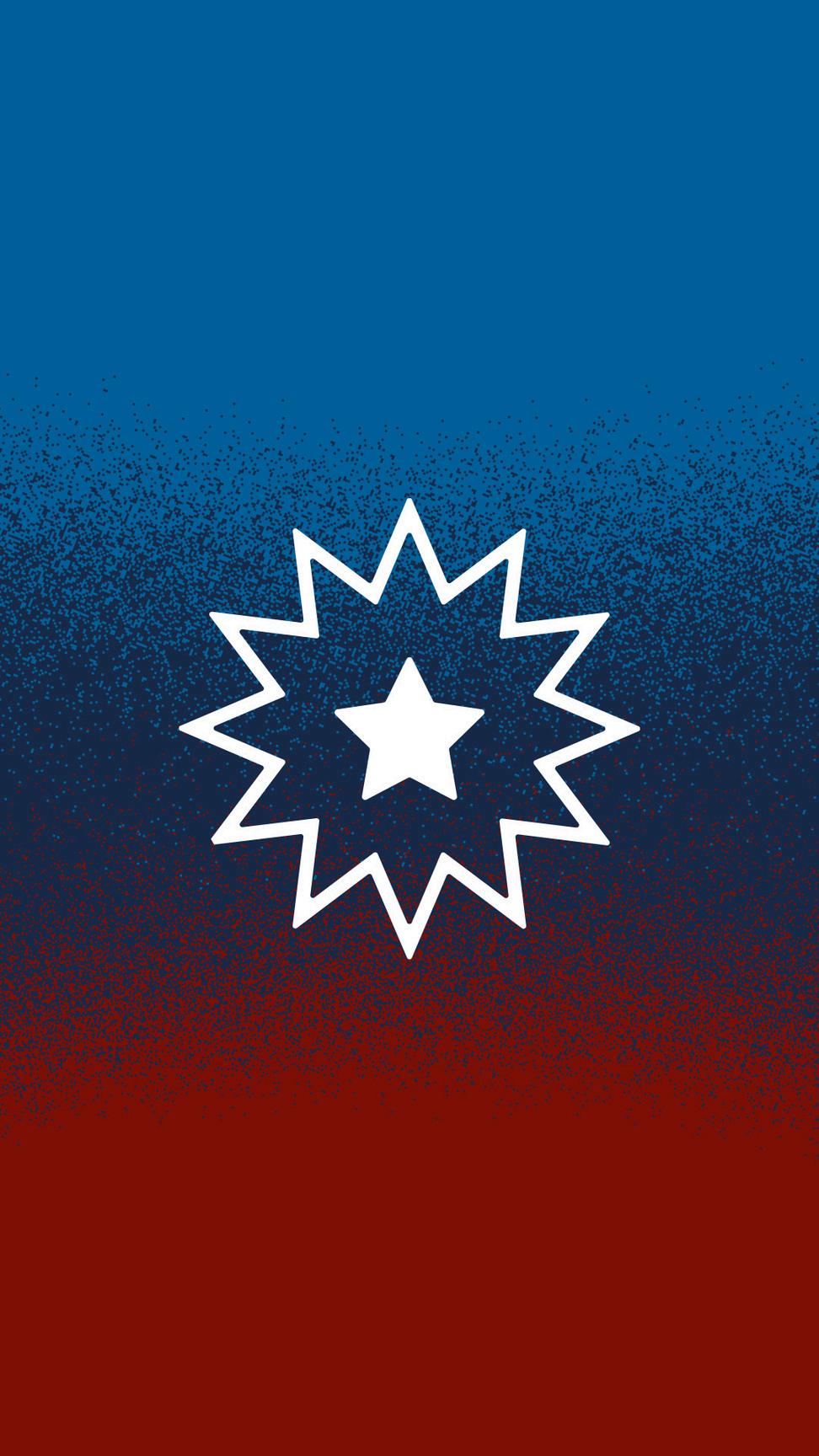

JJUNETEENTH UNETEENTH CELEBRATION




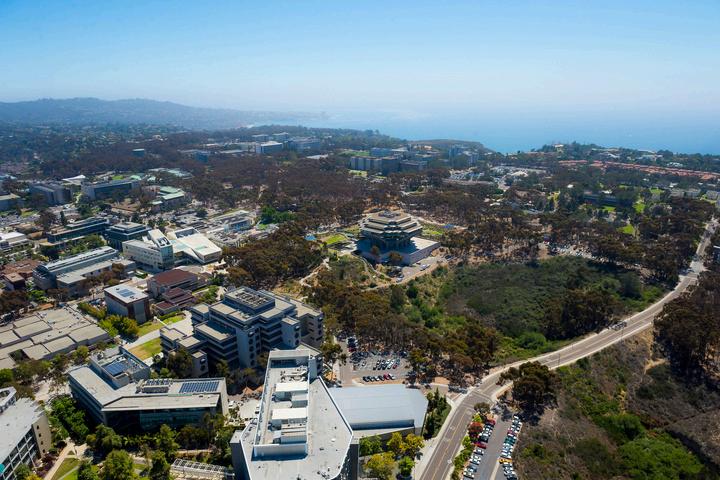
The UC San Diego community holds great respect for the land and the original people of the area where our campus is located. The university was built on the unceded territory of the Kumeyaay Nation.
Today, the Kumeyaay people continue to maintain their political sovereignty and cultural traditions as vital members of the San Diego Community. We acknowledge their tremendous contributions to our region and thank them for their stewardship.
LAND ACKNOWLEDGEMENT
We must acknowledge much of what we know of this country today, including its culture, economic growth and development throughout history and across time, has been made possible by the labor of enslaved Africans and their ascendants, who suffered the horror of the Trans-Atlantic trafficking of their people, chattel slavery, and Jim Crow. We are indebted to their labor and their sacrifice, and we must acknowledge the tremors of that violence throughout the generations and the resulting impact that can still be felt and witnessed today.
Adapted from Dr. T.J. Stewart
Iowa State University
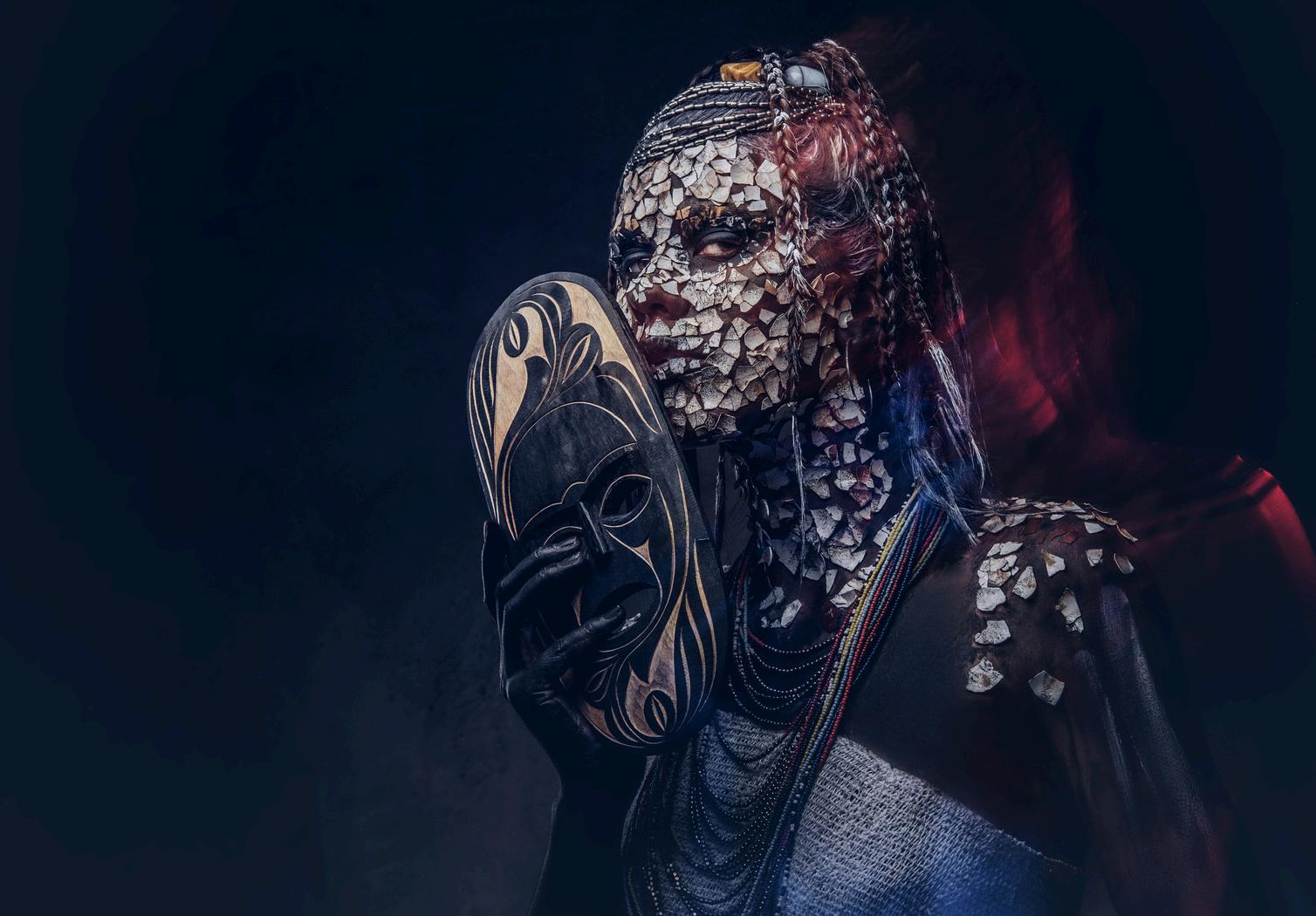

PROCESSION, DRUM CALL & LIBATIONS
Teye Sa Thiosanne African Drum and Dance Company
OPENING & WELCOME REMARKS
Lamar Perry
Assistant Professor
Theatre and Dance
Taura Gentry-Kelso
Black Staff Association, Co-Chair (Health)
ACKNOWLEDGMENTS
MUSICAL ENTERTAINMENT
DJ Kandu
BLACK EXCELLENCE AWARDS
Hollis Gentry III Community Service Award
Hope Mitchell
Wellness Center Coordinator
San Diego Unified School District
Nguzo Saba “Ujima” Award
Earl W. Edwards
Director, Athletics
SPECIAL THANKS AND CLOSING REMARKS
Anthony Singleton
Black Staff Association, Co-Chair (Campus)
Our Juneteenth Celebration is made possible in part, by the Office of the Chancellor and Office of Vice Chancellor for Equity, Diversity & Inclusion

LAMAR LAMAR

Lamar Perry is a Queer Black director, producer, and educator originally from Connecticut. Perry is a nationally renowned new play director and also currently serves as an Assistant Professor of Directing at UC San Diego Course offerings include graduate directing and acting, Queer Black Drama, and Black Theater History. He is the 2025 recipient of the Teaching Award from the African and African-American Studies Research Center.
Prior to his tenure at UC San Diego Lamar served as Associate Producer at the Tony-award winning Old Globe, and also previously served as Producing Associate at The Classical Theatre of Harlem. He is a member of the Roundabout’s Leon Levy Foundations Directors Group Cohort 2 and a two-time finalist for the National Black Theater: Soul Directing Residency. Lamar is a 2024 recipient of both of the Hellman Fellowship and a Faculty Career Development Grant for his adaptation of The Picture of Dorian Gray by Oscar Wilde entitled Dorian, a Black Queer reimagining of the popular title.
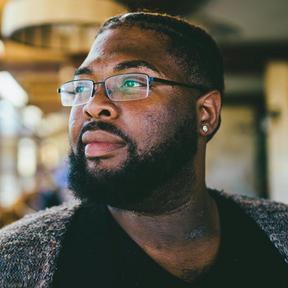
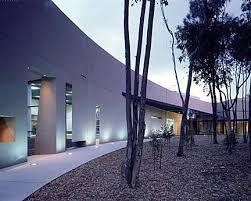
Prior to COVID-19 shutdown he also served as assistant director, under longtime friend/mentor Steve H. Broadnax III, on the off-broadway world premiere of Katori Hall’s The Hot Wing King (2021 Pulitzer Prize in Drama) at the Signature. Lamar has developed new work at The Old Globe, Penumbra Theatre, The Contemporary American Theater Festival, National Black Theater, Diversionary Theatre/Spark Festival, UCSD/Wagner’s New Play Festival, The Eugene O’Neill Theater Center, Chautauqua, San Diego Repertory Theater, Cygnet Theatre, and The Classical Theatre of Harlem.
EARL W. EDWARDS
They hold a Bachelor of Science from St. John’s University and are an alum of both the American Academy of Dramatic Arts and Public Allies Connecticut (AmeriCorps). Perry's teaching interests include Black Theatre history, cultural transposition and reorientation, Queering the canon, and history of directing. In addition to teaching, he will serve as the instructor of record for multiple student-focused productions within the Department of Theatre and Dance.
TAURA TAURA

Taura Gentry-Kelso currently serves as the ServiceNow / EMS Cloud Developer and Project Manager at UC San Diego Health Prior to working at UC San Diego, she worked in data conversion for the United States Postal Service She specializes in software architecture, software security, and security software application training. She is a Certified Application Security Professional, Credentialed Software Instructor, and Cyber Security Corporate
Taura has been a steadfast supporter of BSA for years and currently serves as Co-Chair (Health) Her breadth and depth of institutional knowledge, structure and practices are vital to championing causes on behalf of our constituency. Further, she has insights from both campus and Health which are instrumental in bridging the gaps of understanding specific to the Black staff experience Taura is capable and elated to serve the broad interests of BSA and UC San Diego
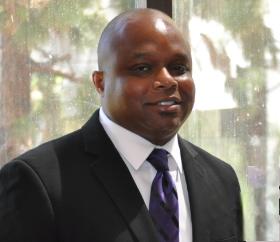
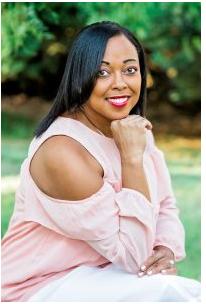
ANTHONY ANTHONY

nthony Singleton serves as the Chief Small Business Officer for UC San iego's Residential, Retail, and Supply Chain Services. He is responsible or Social Responsible Programs, inclusive of the Sustainable Supply Chain nd Office of Small Business Development. This includes policy evelopment and regulatory compliance of programs, systems, and rocesses in support of federal, state, and local agencies and UC systemide initiatives
EARL W. EDWARDS
hese efforts lead the campus in demonstrating UC San Diego's ommitment to business diversity, healthy and sustainable practices, and greater San Diego community involvement and presence. He serves on various boards and councils for the University of California in Supplier Diversity and Sustainability Leadership, Vice-Chair of the Public Agency Consortium (PAC), and serves the North County Small Business Development Center as an advisory council member.
He has been a member of the Black Staff Association since the second week of his employment here at UC San Diego, and is currently serving on the Black Staff Association Executive Board as the Co-Chair
HOPE HOPE


Hope Mitchell is a San Diego native with a love for service A devoted mother, sister, aunt, mentor and friend. Hope graduated from San Diego State University with a Degree in Interdisciplinary Studies with an emphasis on Social Work, Psychology and Special Education. Hope also attended Grand Canyon University, where she obtained her Masters in Professional Counseling. She is a proud member of Zeta Phi Beta Sorority, Incorporated and the Order of the Eastern Star.
Hope loves to work in the community and has a special place in her heart for working with at risk youth. This love allowed her work within the San Diego Unified School District for 24 years, currently as a Wellness Center Coordinator.
Hope has served on several committees within her respective organizations such as Scholarship Chairperson in both the Eastern Stars and her Sorority, NPHC Secretary, Grand Community Outreach Chair, Grand Assistant Supervisor of Youth, Grand Supervisor of Youth and an overseer of the local youth fraternity within her Eastern Star organization. She is also a mentor with the Young and Prosperous Foundation.
Hope’s greatest love and desire is to be a positive role model and influence for her daughter, who is also active in various community projects and a current student at Hampton University.
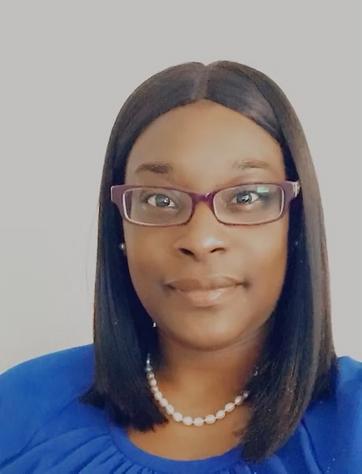
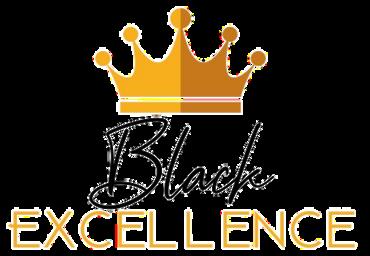
HOPE MITCHELL
HOLLIS HOLLIS

Hollis Gentry III was an American saxophonist, music producer and composer of smooth jazz and Latin jazz. Gentry grew up in San Diego and founded the funk band Power at the age of fifteen. Power opened for Cannonball Adderley in 1972 when Gentry was at college. He next played with Bruce Cameron
In 1980 he earned a master's degree in music from the University of California, San Diego. He was known in the mid-1980s in San Diego and southern California as a founding member of the smooth jazz formation Fattburger, with whom he recorded several albums.
He also worked with Joe Sample, Stanley Clarke, Nathan East, Larry Carlton, Nancy Wilson, Barry White, Freddie Hubbard, Al Jarreau, Thelma Houston, Randy Crawford, Alphonse Mouzon, Gaea Schell, Rob Mullins and David Benoit.
Under his own name, he released the albums Hollis Gentry's Neon and For the Record He was one of the founders of the music company NETunes, where he was Senior Vice President and A & R for Latin Jazz, World-Beat and Reggae Music.
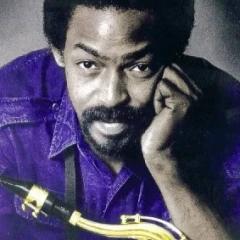
The “Hollis Gentry III Community Service Award" is presented annually by the Black Staff Association Executive Board to honor an individual who has had a lasting impact with exceptional service through their time, actions, talents. The honoree selected for this award operates by the “pay it forward” principle and consistently demonstrates an unyielding dedication to improving our community while upholding the core values of UC San Diego This inagural award is established in June 2022 by the UC San Diego Black Staff Association.
EARL EARL


For the last 25 years, Earl W. Edwards has been synonymous with UC San Diego Athletics. Edwards accepted the position of Director of Athletics at UC San Diego in March 2000. Since his arrival, UC San Diego has consistently been recognized nationally for its academic and athletic achievements and, in just two decades, has risen from NCAA Division III to Division II to the highest level of competition, Division I
Under his guidance, the 24-sport program made a very successful transition from the NCAA Division II ranks to Division I. The Triton baseball team was the first to capture a Big West title in 2023 In 2025, both the men’s and women’s basketball programs won The Big West and competed in the NCAA Tournament in their first year with postseason eligibility – making UC San Diego the first institution in NCAA history to advance to both its men’s and women’s programs to March Madness in their first year eligible. Academically, UC San Diego’s stellar graduation rate exceeds any other public Division I institution
UC San Diego surpassed all expectations at the Division II level, capturing women's soccer national championships in both 2000 and 2001 and the softball national title in 2011. After moving to Division II for the 2000-01 academic year, UC San Diego ranked among the top seven programs in the country in the annual Learfield Directors' Cup standings on 12 different occasions. In 2004 and again in 2007, UC San Diego was the national runner up
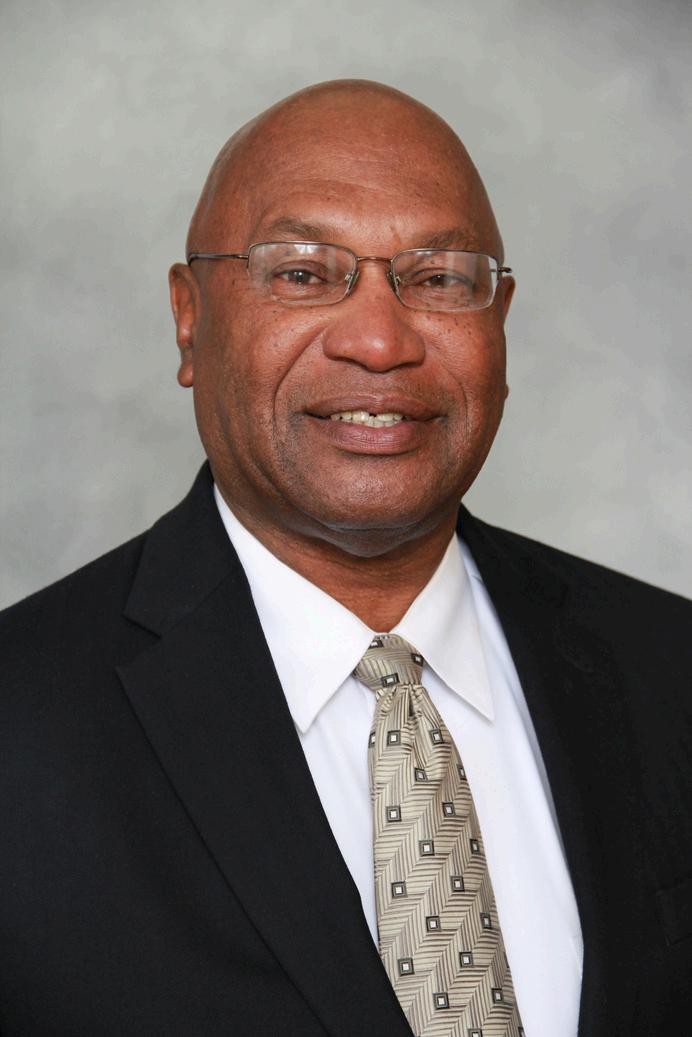
EARL W. EDWARDS

During its time in Division II, UC San Diego also won eight California Collegiate Athletic Association (CCAA) Commissioners' Cup titles – an award that recognizes the best overall athletics program in the prestigious conference. Additionally, UC San Diego ranked first among all Division II institutions in eight straight National Collegiate Scouting Association (NCSA) Collegiate Power Rankings, which comprehensively measure student-athlete graduation rates, academic strength and athletic prowess. Listed in the NCSA's rankings for the 10th consecutive year in 2014 (the last year of the rankings), UC San Diego placed 12th of all schools in the country. In 2007, UCSD garnered its highest national ranking, coming in at No 4
Edwards has built several new facilities and enhanced others during his tenure, including a softball stadium, a baseball stadium and clubhouse and a strength and conditioning center. Triton Soccer Stadium was updated with permanent seating and a brand-new playing surface. In 2019, he oversaw a major renovation of LionTree Arena that included new seating areas, a 50' x 15' video scoreboard and a modernized Skybox suite. Canyonview Aquatic Center received a new video scoreboard in 2024.
UJIMA UJIMA


To build and maintain our community together and make our brother's and sister's problems our problems and to solve them together.
Nguzo Saba Awards - The UC San Diego Black Staff Association established The Nguzo Saba Awards as part of the annual Juneteenth Celebration & Black Excellence Awards event. Honorees are nominated by the Black Staff Association Executive Board, for embodying Kwanzaa principles.
Kwanzaa is a Pan-African cultural holiday celebrated by millions of people around the world from Dec. 26 through Jan. 1. Each day of the seven-day holiday focuses on a principle of African heritage.
Umoja - Unity
Kujichagulia (Self-Determination)
Ujima (Collective Work & Responsibility)
Ujamaa (Cooperative Economics)
Nia (Purpose)
Kuumba (Creativity)
Imani (Faith)
The Nguzo Saba conceived and developed by Dr. Maulana Karenga, professor and chair of the Department of Africana Studies and executive director of the African American Cultural Center (Us) are not onIy the core values of the pan-African holiday Kwanzaa, but also an African value system embraced by Africans throughout the world community.
It is an enduring legacy worthy of celebration, preservation and practice.
This award was established in June 2021 by the UC San Diego Black Staff Association.
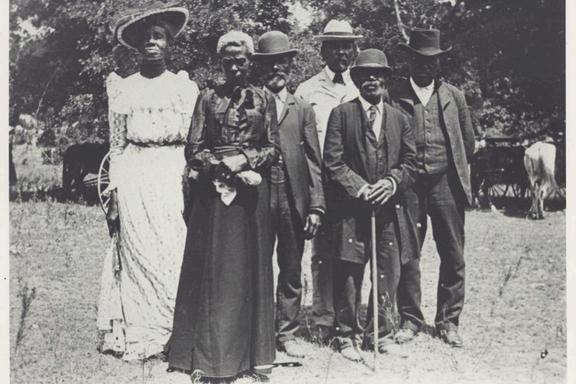
On “Freedom’s Eve,” or the eve of January 1, 1863, the first Watch Night services took place On that night, enslaved and free African Americans gathered in churches and private homes all across the country awaiting news that the Emancipation Proclamation had taken effect. At the stroke of midnight, prayers were answered as all enslaved people in Confederate States were declared legally free. Union soldiers, many of whom were black, marched onto plantations and across cities in the south reading small copies of the Emancipation Proclamation spreading the news of freedom in Confederate States. Only through the Thirteenth Amendment did emancipation end slavery throughout the United States
But not everyone in Confederate territory would immediately be free. Even though the Emancipation Proclamation was made effective in 1863, it could not be implemented in places still under Confederate control. As a result, in the westernmost Confederate state of Texas, enslaved people would not be free until much later. Freedom finally came on June 19, 1865, when some 2,000 Union troops arrived in Galveston Bay, Texas The army announced that the more than 250,000 enslaved black people in the state, were free by executive decree This day came to be known as "Juneteenth," by the newly freed people in Texas.
Juneteenth marks our country’s second independence day. Although it has long been celebrated in the African American community, this monumental event remains largely unknown to most Americans.
The historical legacy of Juneteenth shows the value of never giving up hope in uncertain times The National Museum of African American History and Culture is a community space where this spirit of hope lives on. A place where historical events like Juneteenth are shared and new stories with equal urgency are told.
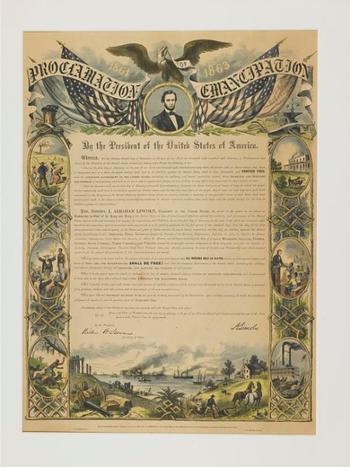
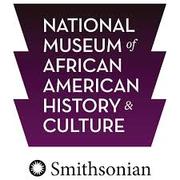
Why is the day called Juneteenth?
“The holiday’s name Juneteenth is a combination of the month of June and the 19th day, representing the date in 1865 General Granger arrived in Galveston, Texas with a force of almost 2000 troops to inform the enslaved African Americans in Texas that they were now “free.” June + 19 = Juneteenth.”

